LAHORE: Countries in South Asia will not take hardened positions on the US-China rivalry, hopes former federal minister Humayun Akhtar Khan while speaking at an online seminar.
Titled ‘Future of South Asia: Stalemate, Cooperation, or War’, the seminar was organised by the Institute for Policy Reforms on Wednesday.
Speakers included former National Security Adviser Tariq Aziz, Georgetown University’s Dr Anatol Lieven, Johns Hopkins University’s Dr Daniel Markey, Shanghai University of International Business and Economics Prof Dr Guo Xuetang and columnist Aakar Patel from India.
Mr Khan said the world needs less friction and more cooperation. He counseled Islamabad that it must review its domestic policies to become economically independent.
Mr Aziz said a Pakistan-India bilateral [peace] agreement was ready to be signed by 2007, when the judicial crisis in Pakistan put it on the backburner. He said one way to resolve regional differences could be a regional approach backed by world powers. But, he lamented, India is averse to anything other than bilateral negotiations.
Participants in seminar dilate upon impact of US-China and Sino-India tensions on region
Mr Lieven said he does not see Pakistan-India talks under the BJP government. In fact, India has taken all things in the opposite direction, he said and predicted that US-China rivalry would intensify, affecting South Asia. He said the recent China-India conflict could be managed as India knows that it cannot win the battle and China sees no gain in building on its advantage unless India is unduly provocative.
He said China has a real commitment to Pakistan and will come to its aid if India initiates action to damage Pakistan. But, he believed, China won’t support Pakistan’s adventure in Kashmir. He did not see a positive outcome to the Afghan imbroglio soon and urged Pakistan to focus on internal reforms and try to boost its economy. It has not done anything to relocate Chinese industries.
Mr Markey said in the post-9/11 world and into the era of China-US rivalry, Washington has invested heavily in counterterrorism capacity and the threat from Al Qaeda and the militant Islamic State group has diminished.
He said the US will reduce its presence in Afghanistan and Pakistan must recalibrate its relations with America based on new realities.
He said US-China competition is playing out in South Asia in “potentially dangerous ways”. So, whereas the US and China were previously unified in managing the Pakistan-India crisis, their rivalry has made this harder.
He did not see a total breakdown in US relations with China. “The two economies are deeply entangled in the global economy and a complete decoupling could mean disaster for the world economy.”
Dr Guo said China wants political and economic stability and peace in South Asia. Yet, it must protect its interests when provoked. China wants to act as a regional “stabiliser” as it benefits from South Asian integration and wants South Asia to be part of BRI.
While New Delhi has acted to decouple its economy from Beijing, China has not taken counter measures, he said, adding that India has also provoked Pakistan but being the weaker of two countries, Pakistan must balance its response to manage such provocation.
According to Dr Guo, realising that Chinese economy may outdo the West, the US heightened and broadened its rivalry. Along with its action in the South China sea, it is clear that the US is competing with China in all dimensions - diplomatic, military, and economic.
Aakar Patel said the Congress government had a policy of engaging neighbours, which PM Modi has revoked thus, India stands alienated.
He said the CAA law has also deteriorated relations with Bangladesh, while Indian human rights violations in Kashmir have hurt its standing in the EU and with US Congress and urged the BJP government to review its negotiations strategy.
He said when violence in Kashmir declines, India does not respond positively and it does not clearly say what it wants from Pakistan, whereas without resolving issues with Pakistan, it took on China.
He said the Indian government is not transparent with its own people as it confuses many Indians that the BJP government has aligned India with the Trump administration and what would happen if the democratic candidate becomes US president.
Published in Dawn, September 17th, 2020














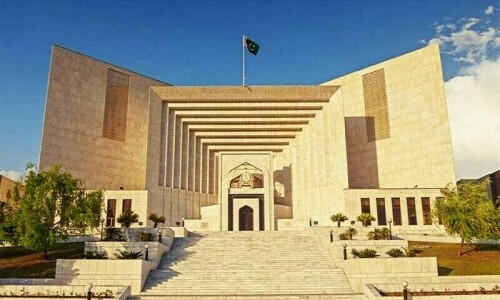
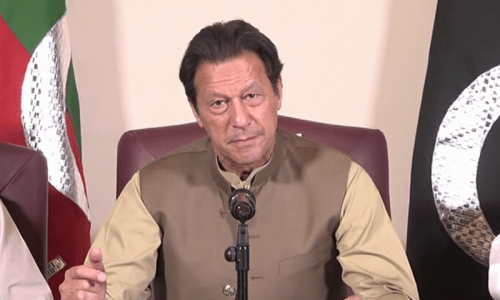
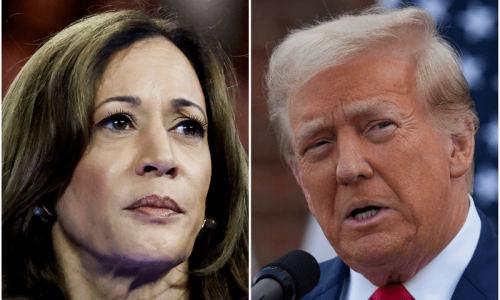


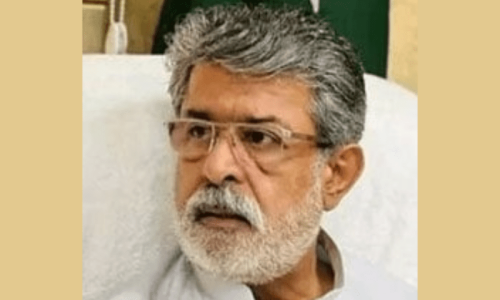















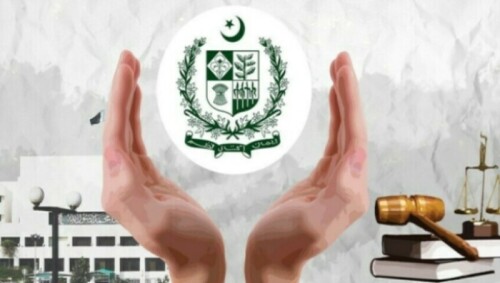










Dear visitor, the comments section is undergoing an overhaul and will return soon.